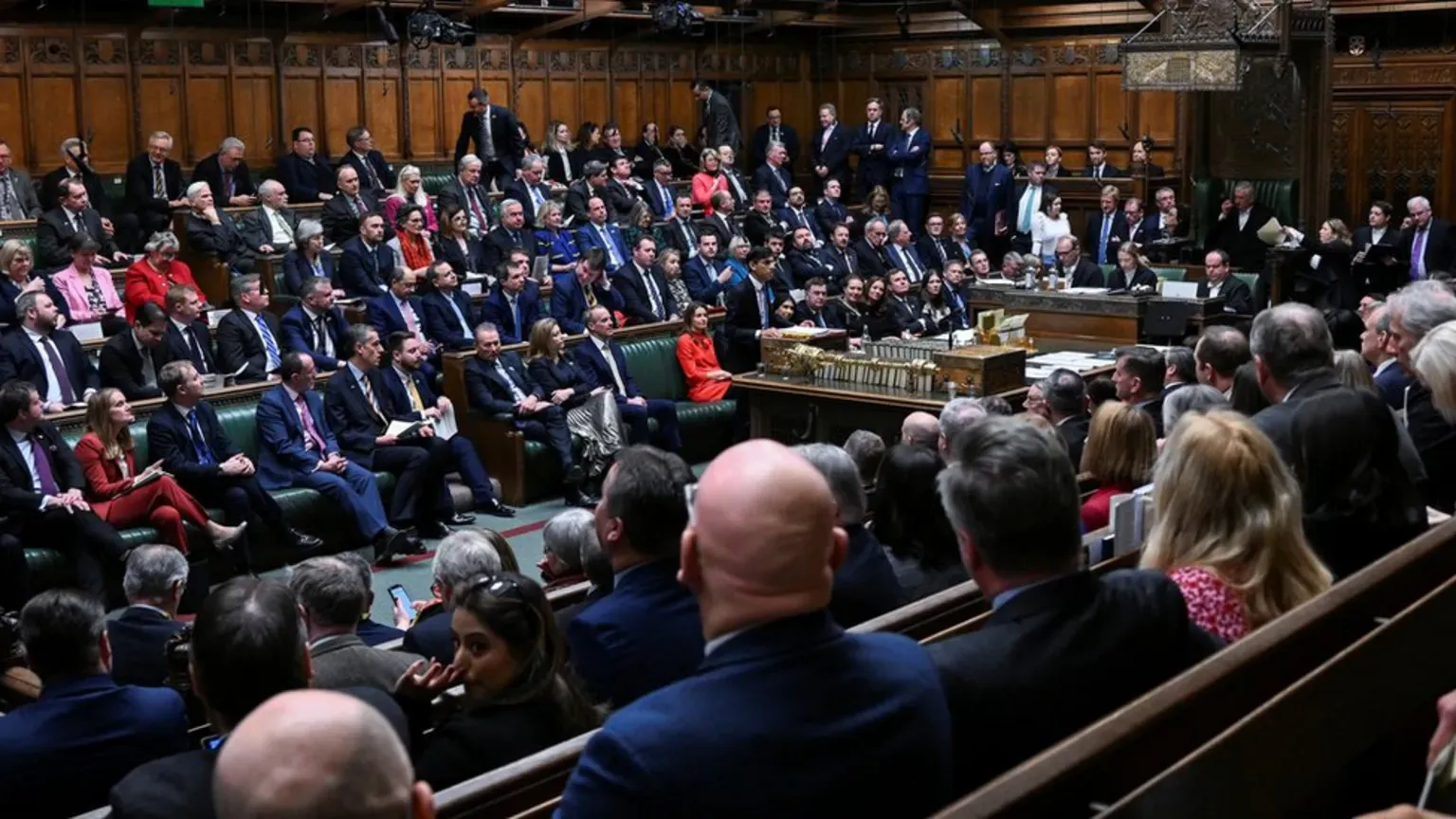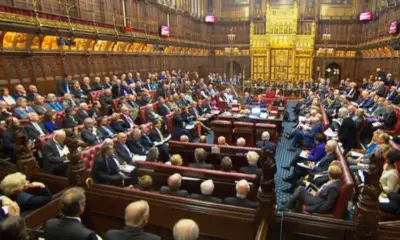Politics
Parliament Debates New Digital Transparency Act 2026

The United Kingdom Parliament has entered an intense phase of debate over the proposed Digital Transparency Act 2026, a bill designed to increase accountability in the use of artificial intelligence, data collection, and online advertising. The legislation aims to strengthen public trust in digital systems and safeguard citizens’ rights in an era increasingly defined by algorithmic influence and data-driven decision-making. Lawmakers from across the political spectrum have voiced both support and concern, highlighting the complexity of regulating technology without stifling innovation.
A New Framework for Digital Accountability
The Digital Transparency Act 2026 represents the most comprehensive digital governance proposal since the Data Protection Act. It seeks to compel companies to disclose how algorithms make decisions that affect consumers, from credit scoring and insurance premiums to targeted online advertising. The bill also introduces stricter penalties for organizations that fail to safeguard user data or provide clear explanations of automated decision systems.
Under the new framework, firms using artificial intelligence would be required to publish transparency reports outlining the logic behind their algorithms and how they ensure fairness. These provisions are intended to prevent discriminatory practices and hidden biases that can harm vulnerable groups. The proposal also strengthens the powers of the Information Commissioner’s Office, giving it greater authority to audit technology platforms and impose financial sanctions on violators.
Supporters of the bill argue that transparency in digital operations has become essential for democratic accountability. As online platforms increasingly shape public discourse and influence consumer behavior, lawmakers believe citizens have a right to understand how these systems operate. Advocates emphasize that transparency is not an obstacle to innovation but rather a foundation for trust and sustainable technological growth.
However, major technology firms have expressed reservations, warning that the proposed reporting requirements could expose trade secrets and intellectual property. Industry representatives argue that while regulation is necessary, overly rigid rules could deter investment and slow technological advancement. This tension between oversight and innovation has emerged as a central theme in the parliamentary debate.
Political Perspectives and Public Reaction
The bill has received broad conceptual support across party lines, but the details have become politically charged. The ruling Conservative government views the legislation as an opportunity to position the UK as a global leader in ethical technology governance. Prime Minister Rishi Sunak has stressed that maintaining public confidence in digital systems is vital to the nation’s economic competitiveness and social cohesion. His government sees the act as part of a wider strategy to balance innovation with public protection, complementing existing measures on cybersecurity and online safety.
Opposition parties have broadly welcomed the initiative but are pressing for stronger accountability provisions. Labour representatives have called for mandatory human oversight of high-impact algorithms, especially those used in public services such as welfare assessments and policing. The Liberal Democrats and Scottish National Party have similarly urged the government to ensure that independent watchdogs have the resources to enforce compliance effectively.
Public opinion on the Digital Transparency Act appears to be largely favorable. Surveys show that most Britons support tighter rules on data privacy and algorithmic accountability. Citizens are increasingly aware of how digital platforms shape news consumption, consumer decisions, and even political opinions. Many see the proposed law as a necessary step toward restoring public control in a rapidly digitizing society.
Civil society groups, including digital rights organizations and academic experts, have praised the initiative while urging the government to go further. They recommend that algorithmic decisions affecting employment, housing, or access to credit be subject to mandatory human review. They also highlight the need for educational programs to improve public understanding of digital systems, ensuring that transparency translates into empowerment rather than confusion.
Industry Response and Global Implications
The private sector’s response to the Digital Transparency Act has been mixed. Some leading fintech and artificial intelligence firms based in London have welcomed the move, recognizing that clearer standards can enhance global trust and open new international partnerships. Others worry about the administrative burden of compliance and the cost of restructuring existing systems to meet transparency criteria.
Industry analysts point out that the legislation could set a precedent for other countries seeking to regulate artificial intelligence and data use. The European Union has already introduced its own AI Act, and the UK’s initiative could complement those efforts by offering a more flexible, innovation-friendly model. Policymakers hope that establishing high standards of digital ethics will not only protect citizens but also attract global investment from companies that value regulatory clarity.
From an economic perspective, experts believe the act could strengthen the UK’s digital economy by creating a reputation for trustworthiness. Transparent practices may boost consumer confidence and encourage the adoption of new technologies in sectors like healthcare, finance, and education. As the bill progresses through Parliament, it will be closely watched by both domestic and international stakeholders seeking guidance on the future of ethical technology governance.
Conclusion
The Digital Transparency Act 2026 marks a defining moment in the United Kingdom’s approach to regulating the digital world. Balancing the demands of innovation with the principles of fairness and accountability is a complex challenge, but one that policymakers can no longer avoid. The ongoing parliamentary debate reflects a growing recognition that technology governance must evolve alongside the tools it seeks to regulate.
If successfully enacted, the legislation could set new global benchmarks for ethical artificial intelligence and responsible data management. It would signal that the UK is prepared to lead in shaping a digital future grounded in transparency, trust, and human oversight. As discussions continue, the outcome of this bill will help determine how Britain navigates the intersection of democracy, technology, and human rights in the years ahead.






















